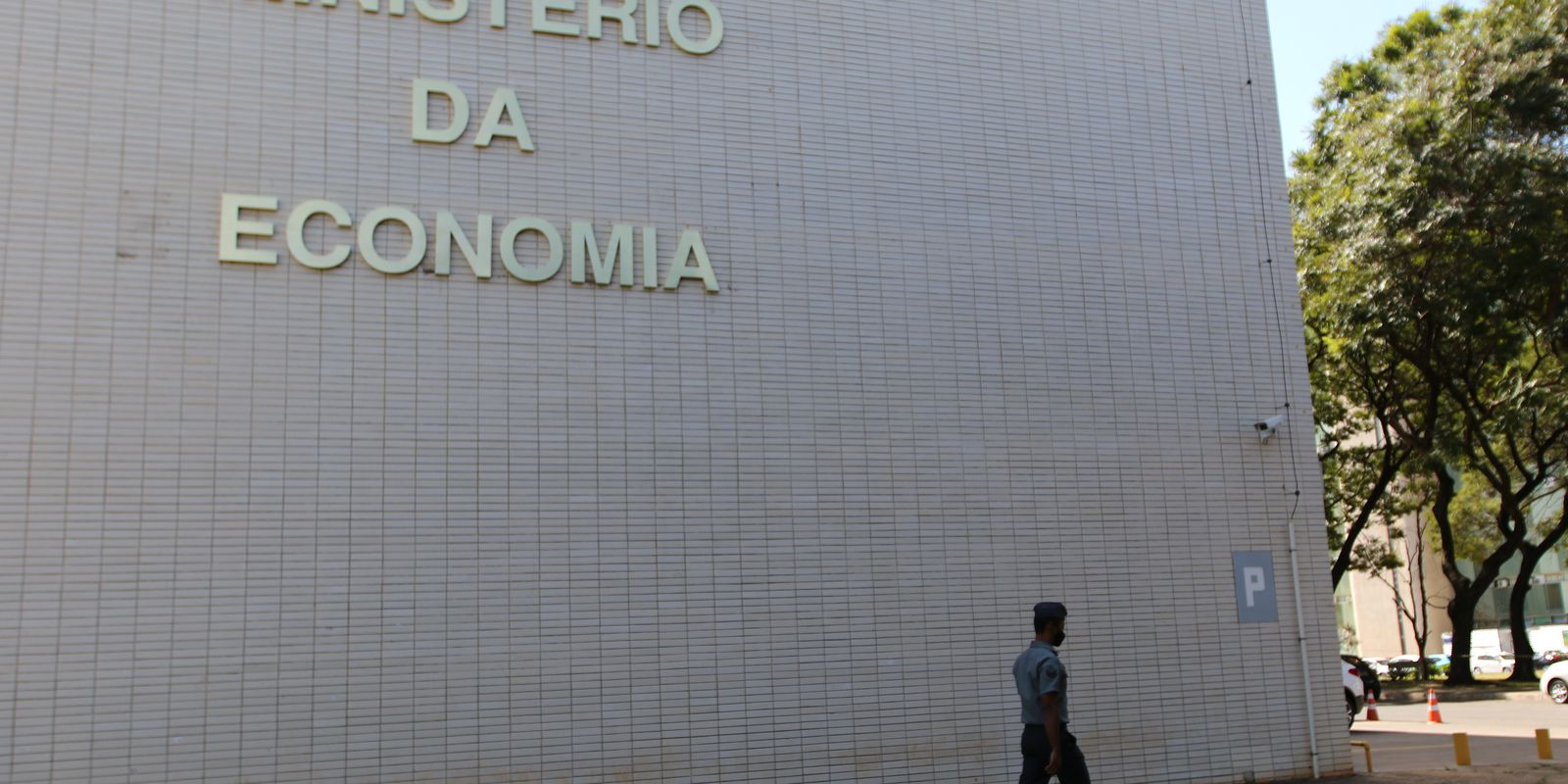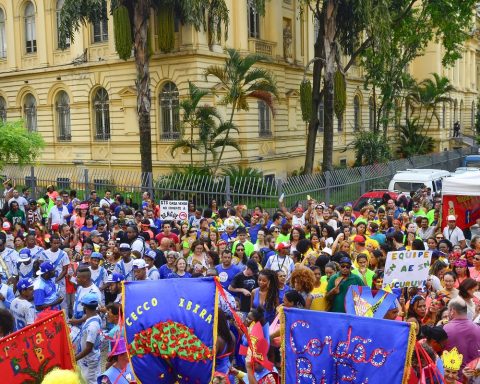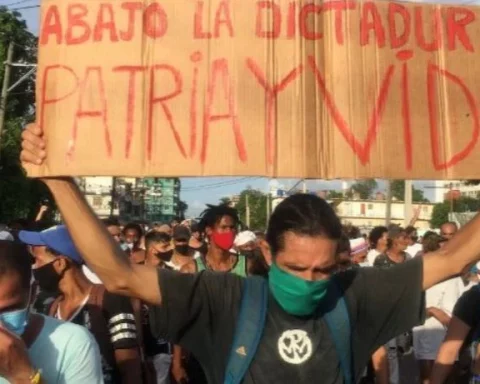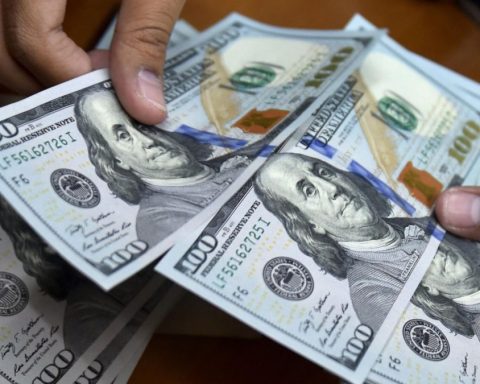Transactions with foreign currency will have the Tax on Financial Operations (IOF) gradually reduced until it reaches zero in 2029, the Ministry of Economy confirmed today (28). The tax will begin to be reduced later this year, for short-term entry and exit operations of foreign funds, within up to 180 days.
The tax cut will cover four IOF exchange rate bands, with gradual reductions for each band. The first group will involve short-term operations. The second will cover transactions with credit or debit cards, travelers checks and international prepaid cards. The third will include exchange operations for the purchase of foreign currency in cash in Brazil and for the transfer of residents in the country to accounts in their name abroad. The fourth group, finally, will involve the other exchange operations.
The measure was required by the Organization for Economic Cooperation and Development (OECD) for Brazil to join the group, which brings together the most industrialized economies in the world. This week, the international organization formalized the invitation to start the accession process country, paving the way for a process that will last for years.
IOF rate reductions will be established by means of a presidential decree. The change is one of the obligations to be fulfilled by Brazil in order to adhere to the Codes of Liberalization of Capital Movement and Invisible Operations, an instrument required by the countries that are part of the OECD.
According to the Secretariat of International Affairs of the Ministry of Economy, the elimination of the IOF on foreign transactions aims to end the practice of “multiple exchange rates”, in which the effective exchange rate varies according to the type of operation. This multiplicity, the ministry explained, favors certain types of transaction over others and discriminates against economic agents who wish to operate in the country, being condemned by both the OECD and the International Monetary Fund (IMF).
According to the Ministry of Economy, Brazil is in an advanced stage of convergence with the OECD, having adhered to 104 of the 251 normative instruments of the international body. The accession process is faster than in other countries invited to join the group or that act as key partners, such as Argentina (51 instruments), Romania (53), Peru (45), Bulgaria (32) and Croatia (28) .
The most recent accession took place yesterday (27), when Brazil committed to adopting the OECD recommendations on the theme “Children in the digital environment”. Founded in Paris in 1961, the OECD serves as a body that evaluates and recommends practices and policies that promote prosperity, equality, opportunity and global well-being. With 38 member countries, the organization accounts for 61% of the world’s Gross Domestic Product (GDP).
















